In a landmark step toward sustainable development and technological innovation, India and the European Union (EU) have jointly launched two major research initiatives under the India-EU Trade and Technology Council (TTC). With a joint funding of approximately ₹391 crore (~€41 million), the two coordinated research calls aim to address Marine Plastic Litter (MPL) and Waste to Green Hydrogen (W2GH) through collaborative innovation between Indian and European researchers. The initiatives signal growing cooperation in critical sectors of environmental protection and clean energy.
Why in News?
On 15 May 2025, the Government of India and the European Commission officially launched two major collaborative research calls under the TTC framework. The calls aim to combat marine pollution and promote waste-to-hydrogen technology. These joint initiatives reflect the growing momentum of India-EU partnership in addressing global environmental challenges and promoting sustainable energy transitions.
Background
- The India-EU Trade and Technology Council (TTC) was established in 2022 by PM Narendra Modi and EU President Ursula von der Leyen.
- The TTC provides a high-level platform for strengthening bilateral cooperation on trade, technology, and sustainable innovation.
1. Call on Cumulative Impacts of Marine Pollution
Total Budget
- EU: €12 million (~₹115 crore)
- India (Ministry of Earth Sciences): ₹90 crore
Focus Areas
- Develop detection tools for marine micro/nano plastics and other pollutants.
- Evaluate risks to marine organisms, food chain effects, and human health.
- Promote waste management, recycling, and source-based mitigation.
Objectives
- Strengthen understanding of marine litter and pollution.
- Develop scientific insights to aid policy formulation.
- Support UN Decade of Ocean Science, EU’s Zero Pollution Plan, and India’s Marine Litter Policy.
- Call Opened On: 6 May 2025
2. Call on Hydrogen from Biogenic Wastes
Total Budget
- EU: €10 million (~₹96 crore)
- India (Ministry of New and Renewable Energy): ₹90 crore
Scope
- Develop tech for hydrogen production from biogenic waste (agriculture, municipal, sludge, etc.)
Key Technologies
- Advanced catalysts, feedstock treatment, process intensification.
- Use of biological, electrochemical, and catalytic pathways.
Goals
- Maximize carbon-to-hydrogen yield.
- Reduce greenhouse gas emissions.
- Lower production costs and environmental impact.
- Call Opened On: 15 May 2025
Significance
- These calls boost India-EU strategic partnership in innovation.
- They align with India’s National Marine Litter Policy and Green Hydrogen Mission.
- Support cleaner oceans and renewable energy—key to SDGs and climate goals.
| Summary/Static | Details |
| Why in the news? | India-EU Launch ₹391 Crore Joint Research Initiative on Marine Pollution and Green Hydrogen |
| Collaboration Partners | India & European Union |
| Total Investment | ₹391 crore (~€41 million) |
| Launch Platform | India-EU Trade and Technology Council (TTC) |
| Research Focus Areas | Marine Plastic Litter & Waste to Green Hydrogen |
| Indian Ministries Involved | Ministry of Earth Sciences (MoES), Ministry of New and Renewable Energy (MNRE) |
| Primary Goals | Pollution mitigation, green hydrogen production, policy support |

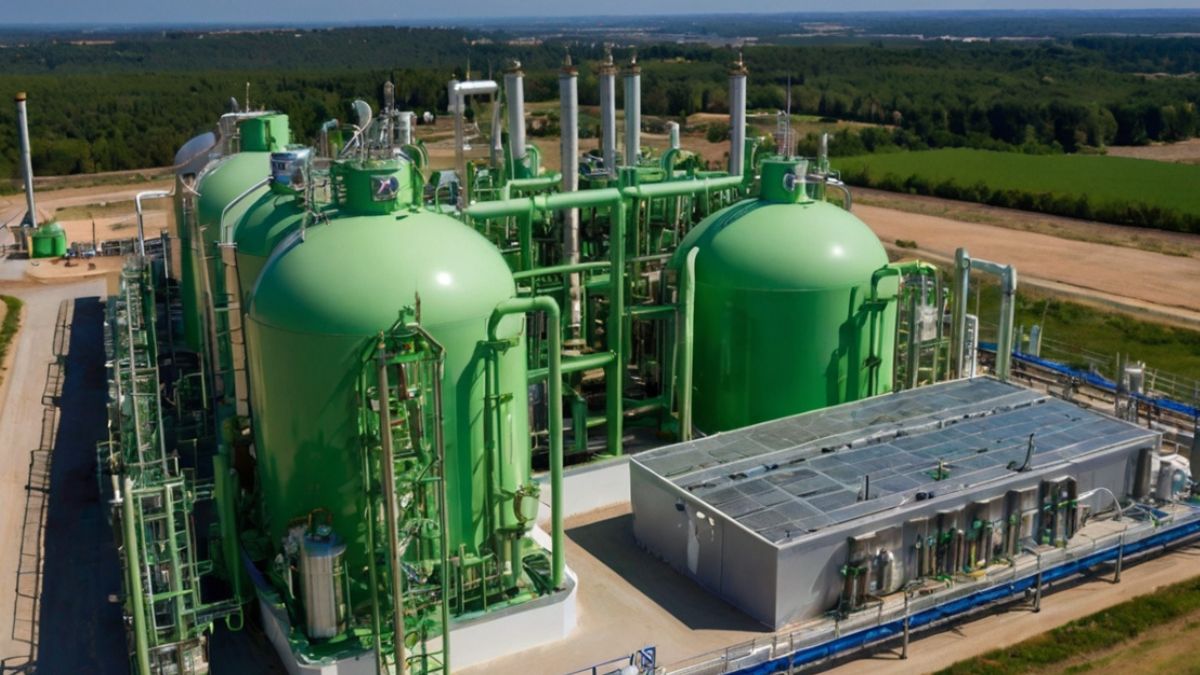
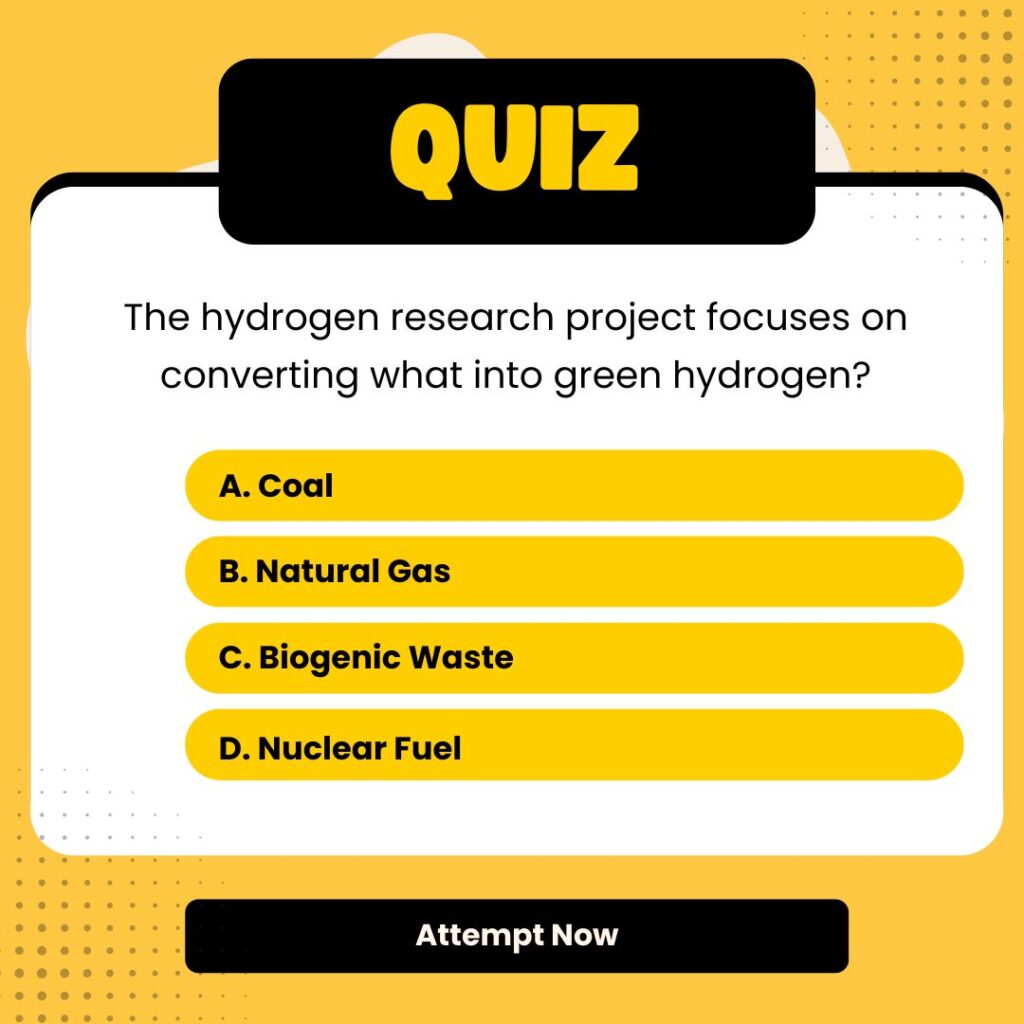

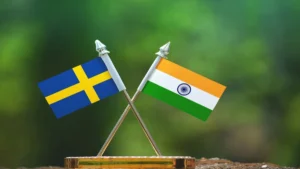 India and Sweden Deepen AI Partnership T...
India and Sweden Deepen AI Partnership T...
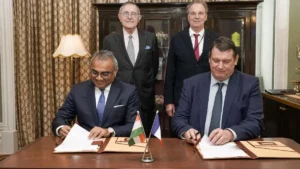 Why the Adani-Marseille Pact Could Be a ...
Why the Adani-Marseille Pact Could Be a ...
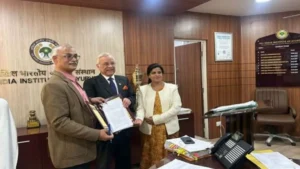 AIIA Signs MoU with General Insurance Co...
AIIA Signs MoU with General Insurance Co...








